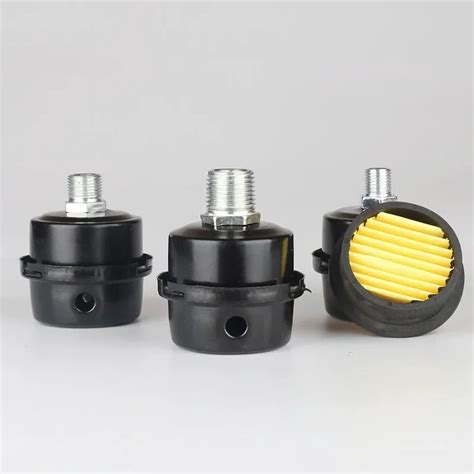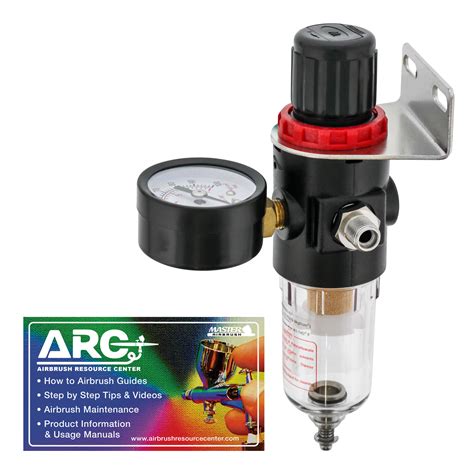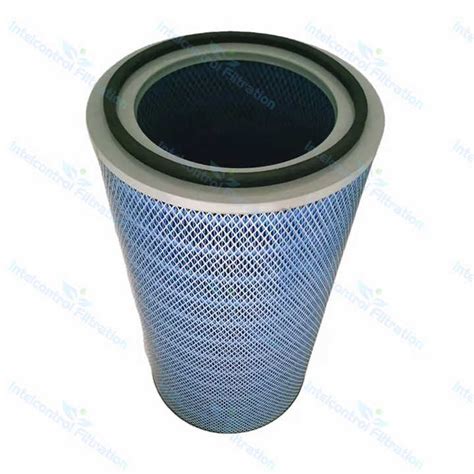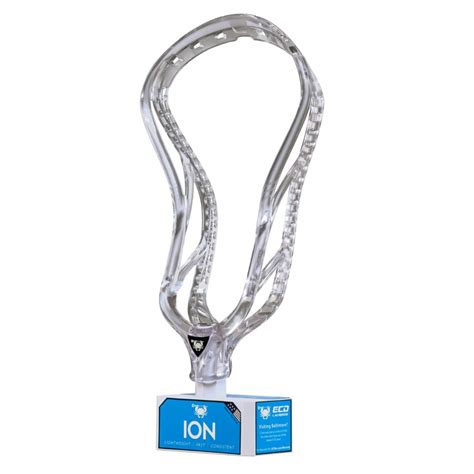The air compressor filter is a crucial component in the operation of air compressors, playing a vital role in ensuring the quality and purity of the compressed air produced. As air compressors are widely used in various industries, including manufacturing, construction, and healthcare, the importance of air compressor filters cannot be overstated. In this article, we will delve into the world of air compressor filters, exploring their types, functions, and significance in maintaining the efficiency and effectiveness of air compressors.
Key Points
- Air compressor filters are designed to remove contaminants and impurities from the air, ensuring the production of clean and dry compressed air.
- There are several types of air compressor filters, including intake filters, coalescing filters, and activated carbon filters, each with its unique characteristics and applications.
- Regular maintenance and replacement of air compressor filters are essential to prevent damage to the compressor and downstream equipment.
- Air compressor filters can be customized to meet specific industry requirements, such as food-grade or medical-grade compressed air.
- The selection of the right air compressor filter depends on various factors, including the type of compressor, operating conditions, and desired air quality.
Types of Air Compressor Filters

Air compressor filters come in various types, each designed to address specific contamination issues. The most common types of air compressor filters include:
Intake Filters
Intake filters are designed to capture large particles and debris from the air before it enters the compressor. These filters typically consist of a pleated or panel-style design and are often made of synthetic or natural fibers. Intake filters are essential in preventing damage to the compressor and downstream equipment.
Coalescing Filters
Coalescing filters are designed to remove oil and water droplets from the compressed air. These filters use a combination of fibers and a coalescing media to capture and merge the droplets, allowing them to be drained away. Coalescing filters are commonly used in applications where dry and oil-free compressed air is required.
Activated Carbon Filters
Activated carbon filters are designed to remove odors, tastes, and other impurities from the compressed air. These filters use activated carbon, a highly porous material that attracts and traps impurities, leaving the air clean and fresh. Activated carbon filters are often used in applications where high-purity compressed air is required, such as in food processing and medical facilities.
| Filter Type | Contaminant Removed | Application |
|---|---|---|
| Intake Filter | Large particles and debris | General industrial applications |
| Coalescing Filter | Oil and water droplets | Applications requiring dry and oil-free compressed air |
| Activated Carbon Filter | Odors, tastes, and impurities | Applications requiring high-purity compressed air |

Importance of Regular Maintenance and Replacement

Regular maintenance and replacement of air compressor filters are crucial to prevent damage to the compressor and downstream equipment. A clogged or dirty filter can lead to reduced compressor performance, increased energy consumption, and even premature wear and tear on the compressor. It’s recommended to replace air compressor filters at regular intervals, typically every 1,000 to 5,000 hours of operation, depending on the application and manufacturer’s guidelines.
Consequences of Neglecting Filter Maintenance
Neglecting to maintain or replace air compressor filters can have severe consequences, including:
- Reduced compressor performance and efficiency
- Increased energy consumption and operating costs
- Premature wear and tear on the compressor and downstream equipment
- Contaminated compressed air, which can lead to equipment damage, product spoilage, or even health risks
In conclusion, air compressor filters play a vital role in ensuring the quality and purity of compressed air. By understanding the different types of filters, their functions, and the importance of regular maintenance and replacement, users can optimize their air compressor systems, reduce operating costs, and prevent equipment damage.
What is the primary function of an air compressor filter?
+The primary function of an air compressor filter is to remove contaminants and impurities from the air, ensuring the production of clean and dry compressed air.
How often should air compressor filters be replaced?
+Air compressor filters should be replaced at regular intervals, typically every 1,000 to 5,000 hours of operation, depending on the application and manufacturer's guidelines.
What are the consequences of neglecting filter maintenance?
+Neglecting to maintain or replace air compressor filters can lead to reduced compressor performance, increased energy consumption, premature wear and tear on the compressor and downstream equipment, and contaminated compressed air.
Meta Description: Learn about air compressor filters, their types, functions, and importance in maintaining the efficiency and effectiveness of air compressors. Discover how regular maintenance and replacement can prevent damage and ensure high-quality compressed air. (147 characters)



